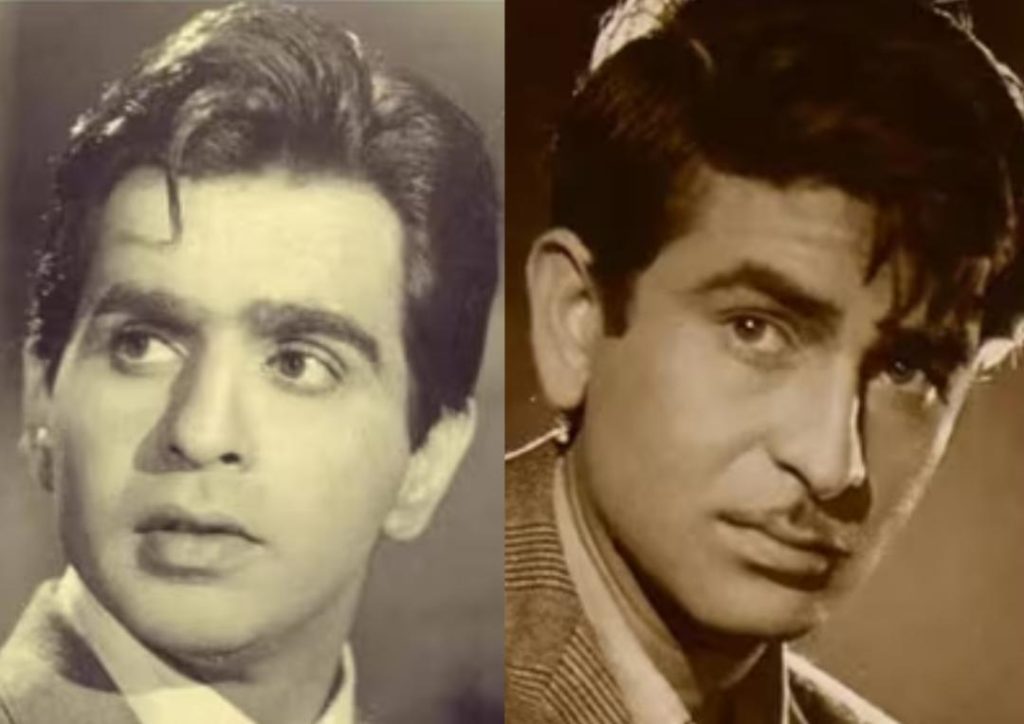
Dilip Kumar & Raj Kapoor’s Homes in Pak to be Turned into Museums
The ancestral homes of two of Indian cinema’s most iconic actors, Dilip Kumar and Raj Kapoor, in Peshawar, Pakistan, are set to be renovated and turned into museums. This cultural heritage project, announced by the Director of Archaeology Dr. Abdul Samad, aims to transform these historic homes into popular tourist attractions and cultural landmarks.
According to reports, the construction of these museums is expected to take place over the next two years and will have an estimated cost of ₹7 crore. The Khyber Pakhtunkhwa government’s plan is to make these homes “focal points for tourists,” showcasing the rich cultural heritage of the region.
Dilip Kumar’s ancestral home, located in Peshawar’s Qissa Khwani Bazaar, was built in the 19th century and has been a major tourist attraction in the past. The legendary actor, who passed away in 2021, was born as Muhammad Yusuf Khan in Peshawar and went on to become one of India’s most beloved actors, with a career spanning over six decades.
Raj Kapoor’s ancestral home, located in the same city, is also an iconic landmark. The legendary actor, who passed away in 1988, was born in Peshawar in 1924 and went on to become one of India’s most iconic actors, known for his work in films like “Awara,” “Shree 420,” and “Mera Naam Joker.”
Both Dilip Kumar and Raj Kapoor were born to Muslim families in Peshawar, which was then part of British India. The city’s rich cultural heritage, which reflects the influences of the Mughal Empire, the British Raj, and the Pashtun culture, has shaped the careers and personal lives of these two legendary actors.
The renovation of these homes into museums is seen as a significant step towards preserving Pakistan’s cultural heritage and promoting tourism in the region. The Khyber Pakhtunkhwa government has identified these homes as important cultural landmarks, which will not only attract tourists but also provide a unique insight into the lives and careers of two of India’s most iconic actors.
The project is expected to involve a comprehensive restoration of the homes, including the preservation of their architectural features, furniture, and artifacts. The museums will also showcase the lives and careers of Dilip Kumar and Raj Kapoor, as well as the cultural and historical context in which they grew up.
The renovation of these homes into museums is also seen as a symbol of the cultural ties that exist between India and Pakistan. Despite the political tensions between the two countries, there is a deep affection for the culture and cinema of the other country, which is reflected in the popularity of Indian films in Pakistan and Pakistani films in India.
In recent years, there have been several initiatives to promote cultural exchange and cooperation between India and Pakistan. The renovation of Dilip Kumar and Raj Kapoor’s ancestral homes into museums is seen as a significant step in this direction, which will not only promote cultural understanding but also provide a unique opportunity for tourists to experience the rich cultural heritage of the region.
In conclusion, the renovation of Dilip Kumar and Raj Kapoor’s ancestral homes into museums in Peshawar, Pakistan, is a significant cultural heritage project that aims to preserve the cultural landmarks of the region and promote tourism. The project is a symbol of the cultural ties that exist between India and Pakistan and will provide a unique opportunity for tourists to experience the rich cultural heritage of the region.






